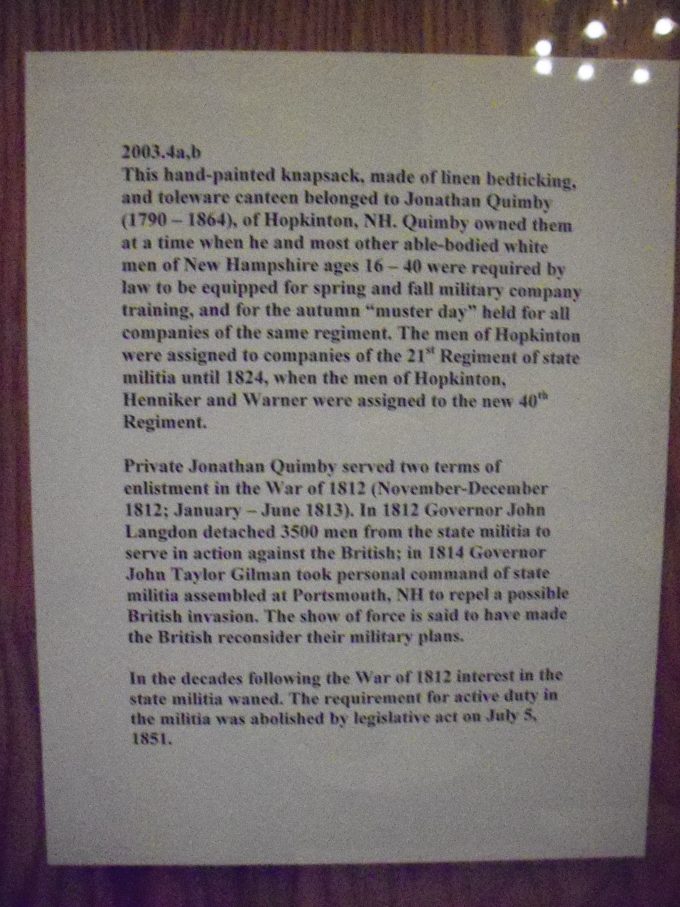
Saturday, 16 March 2019
…concluding that God was able to raise him up, even from the dead, from which he also received him in a figurative sense. Hebrews 11:19
This is speaking of the subject of the past two verses, Abraham’s sacrificing of Isaac. Abraham had been given the promises of an inheritance of the land, and that it would come through Isaac. And yet, God asked Abraham to offer Isaac up as a burnt offering. How could the two be reconciled? If Isaac was offered up, there would be no descendant through Isaac to fulfill the promise that a descendant would come through him. Abraham’s faith had to be tested immensely. But it had to be a very grounded faith in the capability of God, in order for both events to be true.
He had to understand the nature of God; that He cannot lie. And he had to understand that God could do the otherwise seemingly impossible. Thus, in his mind, he concluded “that God was able to raise him up.”
It is the only reasonable explanation for the two, seemingly contradictory, thoughts. If God has promised a son of inheritance through Isaac, and God cannot lie, then a son of inheritance MUST come through Isaac. And so Abraham went forward, in faith, to offer Isaac up. He logically concluded that God would raise him up, “even from the dead.”
Abraham may have known the story of Adam. In fact, it is probable that he did. Adam was taken from the dust of the earth, fashioned into a man, the breath of life was breathed into him, and he became a living being. He may also have been aware of the life of Enoch – that he was translated without ever dying. And he certainly knew the story of the flood. Noah was still alive after the birth of Abraham. Moreover, Noah’s son Shem, who was on the ark with Noah, was alive during the entire duration of Abraham’s life. He may have personally known him and talked with him. Therefore, he was certainly aware of the fact that God could do pretty much anything, and he was aware that when God spoke, no matter how incredible the words seemed, they were to be trusted.
And so Abraham put two and two together, coming up with four. He offered his son, logically and rationally understanding that he would receive his son from the dead, “from which he also received him in a figurative sense.” The meaning of this is that Abraham really and truly offered Isaac. The knife was raised, and in his mind, the sacrifice was already complete – but for the words which called forth –
“Abraham, Abraham!”
So he said, “Here I am.”
12 And He said, “Do not lay your hand on the lad, or do anything to him; for now I know that you fear God, since you have not withheld your son, your only son, from Me.” Genesis 22:11, 12
In his mind, Isaac was already dead, but he received him back as alive. The picture of the coming Christ was made, and the typology was set. In his mind, Isaac was – in fact – raised to life. The word translated as “figuratively” is parabole. It was used in Hebrews 9:9 and this is its last occurrence in the Bile. It is the same word used forty-eight times in the synoptic gospels which is translated as “parable.” The events of the Old Testament are parables of things that would be realized in reality in the Person and work of Jesus Christ. The sacrifice of Isaac became a familiar analogy for the world to grasp when Christ would become the true Son of sacrifice.
Life application: Why was Abraham willing to offer his only begotten son, Isaac, as a burnt offering to the Lord? The answer depends on what you believe about the character of Abraham, about God’s sovereignty, and about the purpose of faith. During an interview I conducted of an elderly Jewish man for a college paper, the man said that what Abraham did was inexcusable, was not really what God intended, and resulted in his separation from Sarah his wife (though the Bible never claims this).
This was the stand in the synagogue he attended, and it is a view which permeates their thought to this day. This is because to believe that Abraham’s actions were as God intended then points directly to the work of God in Messiah that they have rejected. But what Abraham did was based on his obedient character, on faith in God’s promises, and on the absolute sovereignty of God. Abraham believed God and God was pleased with him because of his faith.
In the case of the account of Issac, this sound belief was that God could raise the dead. Ultimately this was proven in the death, burial, and resurrection of Jesus. And, it will again be proven at the rapture of the church. But Abraham had no inclination of either of these occurrences. Rather, he understood that God had created, that all life is held in the hands of God, and that God has infinite ability to control His creation. Because of these things, Abraham faithfully took his son to Mt. Moriah, laid him on the altar of sacrifice, and raised his knife in preparation… But God called out.
It wasn’t until 1900 years later that the greater sacrifice, one which was not stopped, happened there on that same mount. The ultimate sacrifice of Jesus demonstrated the infinite holiness, righteousness, justice, mercy, grace, truth, and love of God for the sons of Adam.
Heavenly Father, it is hard for us to even comprehend that You didn’t spare Your own Son – and for beings such as us. Our hearts are stained with sin and wickedness, and yet You gave Christ for us! May we never fail to proclaim the glorious majesty of Your splendor. May we never fail to look to the cross in complete awe and wonder. All glory surely belongs to You alone. Amen.




